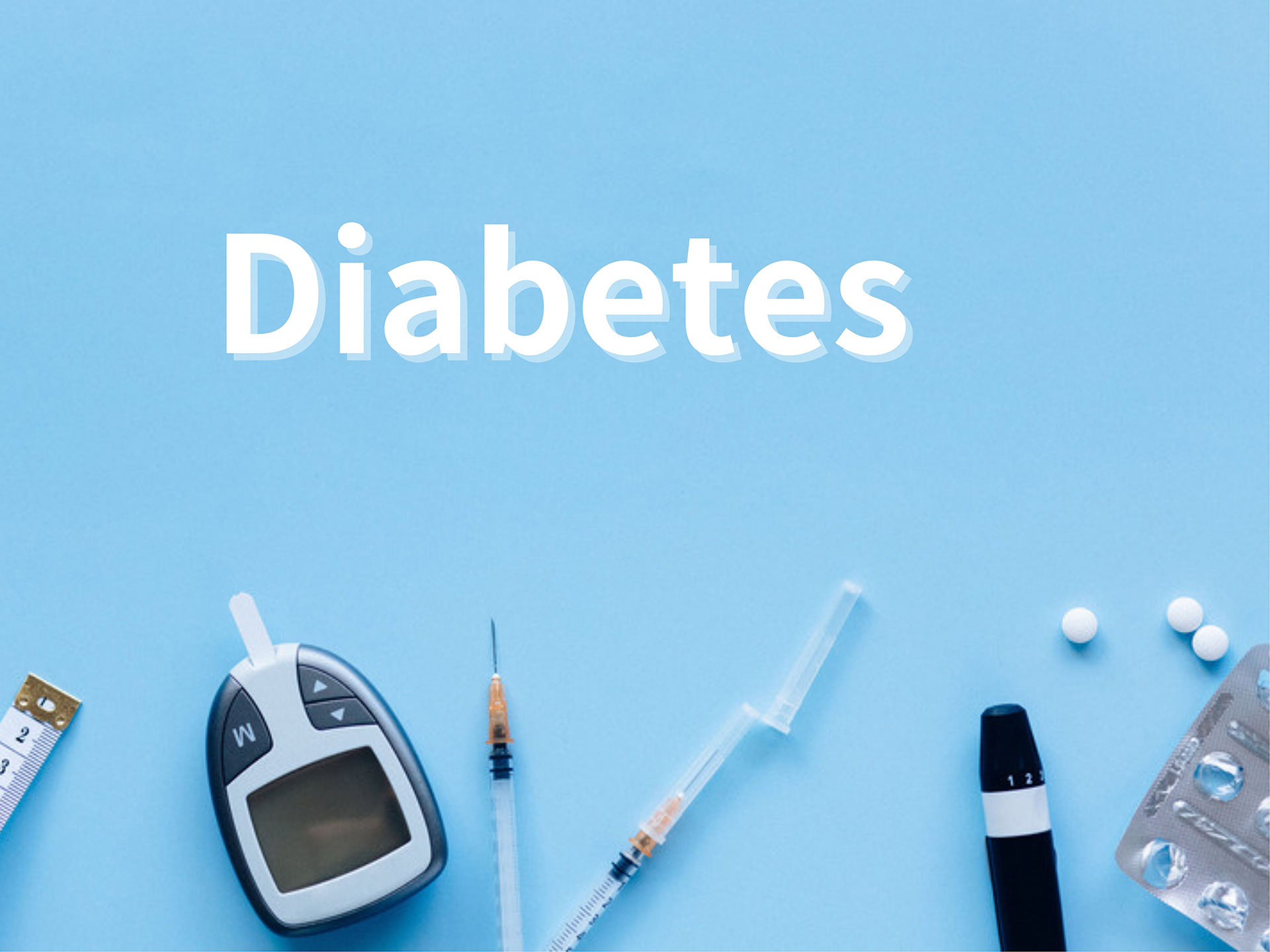作者:Hiraminano
分享文章:
作者:Hiraminano
分享文章:

Diabetes is a condition that affects millions of people worldwide. Understanding the symptoms, causes, and dietary recommendations for diabetes is essential for effectively managing this chronic disease and improving your quality of life. In this comprehensive blog post, we will explore the various facets of diabetes to empower you with knowledge and practical insights.
Diabetes Symptoms
Diabetes symptoms can be subtle and often go unnoticed, which is why regular check-ups and awareness are crucial. Recognizing these symptoms early can lead to a timely diagnosis and better management of the condition. Here are some common diabetes symptoms:
- Frequent Urination (Polyuria): One of the hallmark signs of diabetes is excessive urination. High blood sugar levels cause the kidneys to work overtime to filter and expel excess glucose from the body, leading to increased urine production.
- Excessive Thirst (Polydipsia): Excessive urination can lead to dehydration, triggering an unquenchable thirst as your body attempts to replenish lost fluids.
- Unexplained Weight Loss: Despite eating a regular or increased amount of food, individuals with diabetes may experience unexplained weight loss. This occurs because the body is unable to utilize glucose effectively, depriving cells of energy.
- Fatigue: Diabetes can lead to persistent fatigue and weakness due to the body’s inability to process glucose correctly, leaving you feeling drained.
- Blurry Vision: High blood sugar levels can impact the eyes, causing changes in vision, such as blurriness or fluctuations in eyesight.
- Slow Wound Healing: Diabetes can impair the body’s ability to heal wounds promptly, making injuries more susceptible to infection.
If you experience any of these symptoms, consult a healthcare professional promptly for diabetes testing.
Causes of Diabetes
Understanding the underlying causes of diabetes is essential for tailored management. Diabetes exists in various types, with Type 1 and Type 2 being the most common. Here’s a breakdown of the primary causes:
- Type 1 Diabetes: Type 1 diabetes typically develops in young people and is an autoimmune disease. In this condition, the immune system mistakenly attacks and destroys the insulin-producing beta cells in the pancreas. Consequently, the body cannot produce sufficient insulin, requiring daily insulin injections to manage blood sugar levels.
- Type 2 Diabetes: Type 2 diabetes often occurs in adults but can also affect children and adolescents. It primarily results from insulin resistance, where cells do not respond well to insulin’s signals. Additionally, the pancreas may not produce enough insulin to meet the body’s demands. Risk factors for Type 2 diabetes include genetics, obesity, unhealthy dietary habits, and a lack of physical activity.
- Other Types of Diabetes: There are rarer forms of diabetes, including gestational diabetes (during pregnancy) and diabetes caused by specific gene mutations.
Identifying your diabetes type and its underlying causes is crucial for developing an effective management plan.
Diabetes Dietary Advice
Diet plays a pivotal role in managing diabetes effectively. A well-balanced diet can help stabilize blood sugar levels, provide essential nutrients, and control calorie intake. Here are dietary recommendations for people with diabetes:
- Carbohydrate Control: Monitoring carbohydrate intake is crucial for managing diabetes. Choose complex carbohydrates such as whole grains, brown rice, and oats over quickly digestible options like white bread and sugary snacks. Avoid foods high in added sugars.
- Portion Control: Be mindful of portion sizes to prevent overeating. Use measuring cups and plates to help estimate appropriate serving sizes.
- Balanced Meals: Ensure that your meals include a variety of foods, including vegetables, fruits, lean proteins, and healthy fats. This provides a spectrum of nutrients your body needs.
- Avoid Sugary Beverages: Steer clear of sugary drinks like soda and fruit juices. Opt for water, herbal tea, or unsweetened beverages to quench your thirst.
- Lean Proteins: Include sources of lean protein in your diet, such as skinless poultry, fish, tofu, or legumes. Protein helps stabilize blood sugar levels and keeps you feeling full.
- Healthy Fats: Incorporate healthy fats like olive oil, nuts, seeds, and fatty fish (like salmon) into your meals. These fats are beneficial for satiety and overall health.
- Limit Processed Foods: Reduce your consumption of high-sugar, high-sodium, and high-saturated fat processed foods, such as fast food, candies, and fried foods.
- Fiber-Rich Foods: High-fiber foods, such as beans, lentils, and vegetables, can help regulate blood sugar levels and improve digestive health.
- Regular Meals: Try to eat meals at consistent times throughout the day to help manage blood sugar levels. Snacking on healthy options between meals can also help stabilize your glucose levels.
- Hydration: Drink plenty of water to maintain proper hydration. Dehydration can affect blood sugar control.
Remember that individual dietary needs may vary, so it’s essential to consult with your healthcare provider or a registered dietitian to create a personalized meal plan tailored to your specific circumstances. Additionally, monitor your blood sugar levels regularly and pay attention to how different foods affect your body to make necessary adjustments.
By understanding the symptoms, causes, and dietary recommendations for diabetes, you can take proactive steps towards better diabetes management. Diabetes doesn’t have to control your life; with the right knowledge and support, you can live a healthy and fulfilling life while effectively managing your blood sugar levels.
追蹤美麗與健康相關訊息





